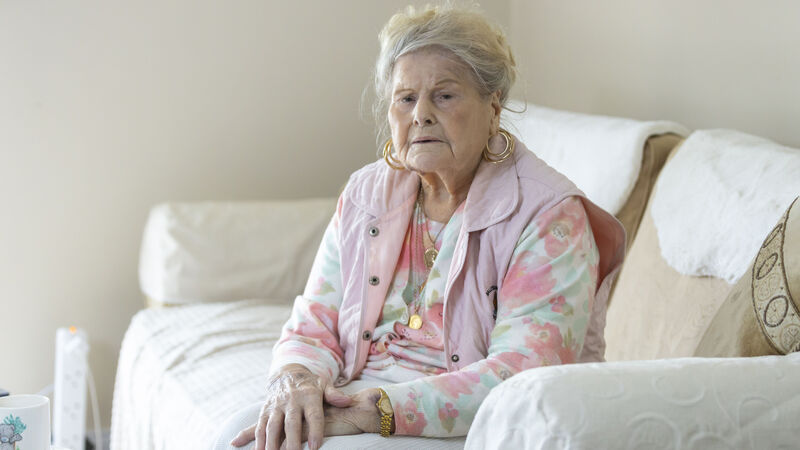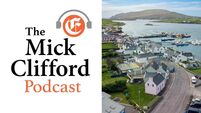Mother & baby home survivors: 'We feel like saying go to hell — stick your bloody redress'

Helen Culpan was raped by a local farmer as a teenager and had her child adopted by the nuns, spending time in a mother and baby home. She is still waiting for her redress payment. Picture: Patrick Browne
The mother and baby homes redress scheme was launched with much fanfare by the Government, following the issuing of a State apology to survivors of mother and baby homes.
While it understandably could never undo all the hurt caused, it was meant to go some way towards compensating the survivors for the suffering and trauma — and in many cases destroyed lives — they endured as a result of time spent in such institutions.










